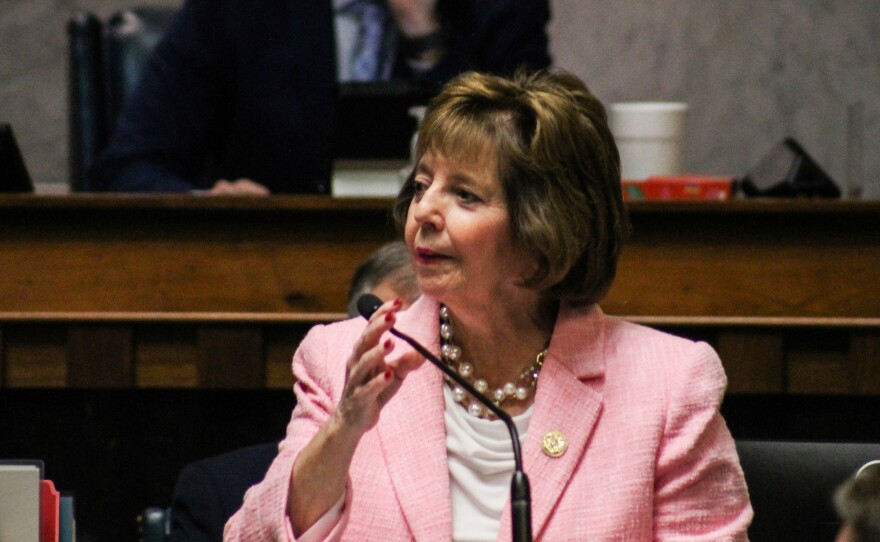As local governments wrap up a challenging budget cycle, some state lawmakers say they’re looking at revisiting property and income tax reform.
Senate Enrolled Act 1 passed earlier this year includes more deductions for residential and agricultural properties, as well as changes to the business personal property tax. Changes to local income taxes would take effect in 2028, which local government leaders have said could lead to much lower revenues.
State Senator Linda Rogers (R-Granger) serves on the Tax and Fiscal Policy Committee and was a co-author of the law. She says she’s willing to revisit the local income tax portion, while continuing with property tax relief. "I would like to see the changes in our LIT or local income tax maybe be extended for another year," Rogers said. "I think that gives us time to see the real numbers from the Department of Revenue."
Rogers also expects lawmakers to allow local governments to grow their property tax collections faster in the future. The maximum levy growth quotient is currently capped at four percent, but she notes that could go up to six percent, if necessary.
In the meantime, local cities have been trimming their budgets in preparation. South Bend is cutting its Office of Sustainability’s budget by 70 percent. Goshen has put a new fire station and replacement swimming pool on hold indefinitely.
During Mishawaka’s budget adoption Monday, Common Council President Gregg Hixenbaugh said the 2026 budget is the most challenging one during his time in office. “While we’re all in favor of property tax relief, I believe, the minimal property tax relief that most of our residents, if not all, will receive has to be balanced against the significant loss of revenue that we’re going to experience not only with regard to 2026, but 2027 is going to be worse and 2028 even worse than that,” Hixenbaugh said.
Mishawaka is projected to have a $15 million deficit by 2028, under the current law.
State Representative Maureen Bauer (D-South Bend) says, without adjustments, the law would devastate communities. “Fire departments, police departments, libraries, schools – you know, the things that attract people to our neighborhoods and our communities to live – we will be grossly underfunding them and devastating futures for families here in the state,” Bauer said.
Still, Senator Rogers argues that local communities are being too conservative in their revenue projections, with many of their financial consultants showing them worst-case scenarios. “One thing that I’ve noticed is they are not projecting any increase in assessed value, and as we know, year after year, assessed values increase,” Rogers noted.
Rogers said state and local leaders need to work together to find a balance. She believes Hoosiers wanted something done about rising property taxes, which she blames on a shortage of housing leading to higher prices. "Housing prices are going to continue to rise, and so assessments will rise," Rogers said. "So, our work had to be in the area of deductions and credits, not in changing assessments."
Rogers promises to listen to the concerns of local elected officials.



